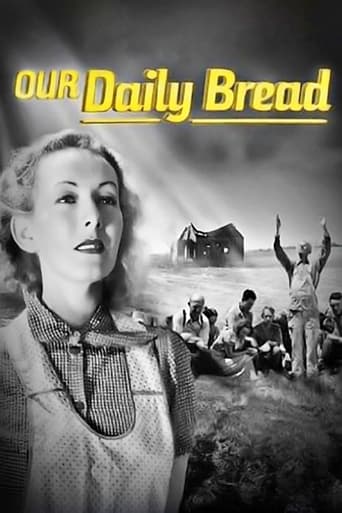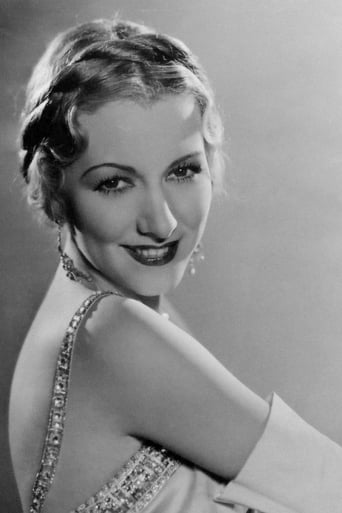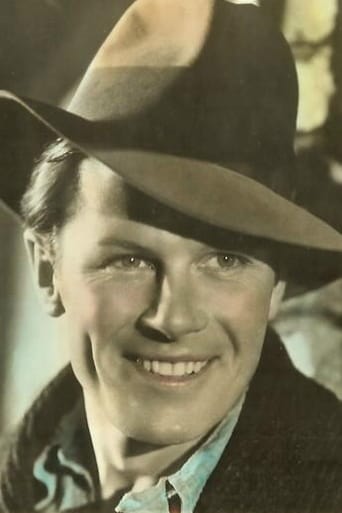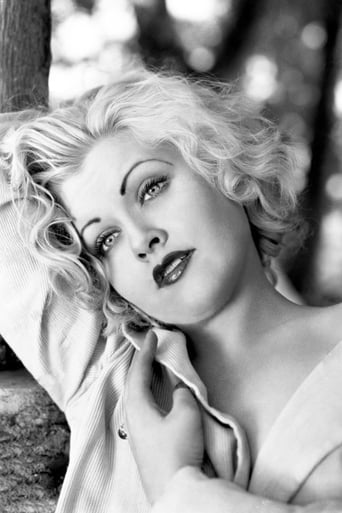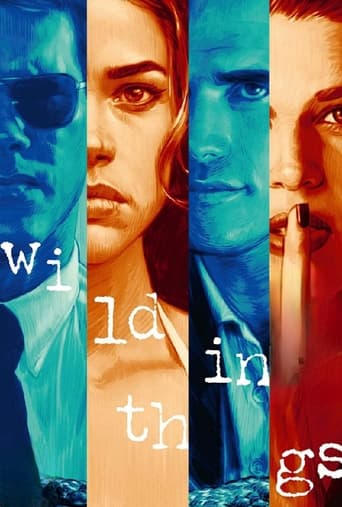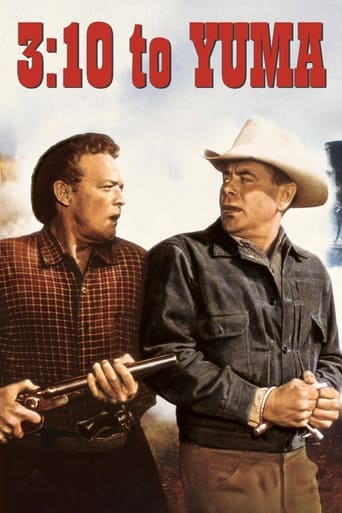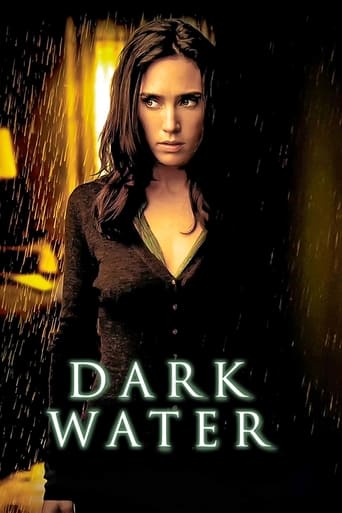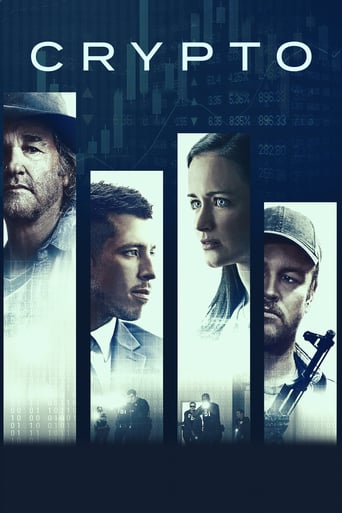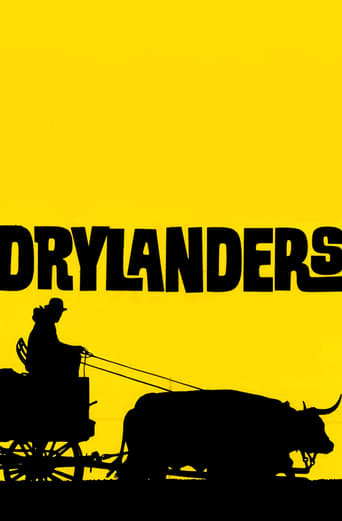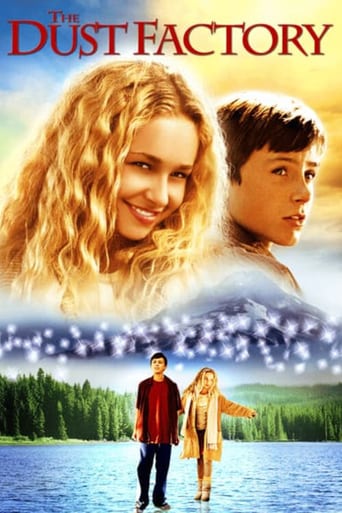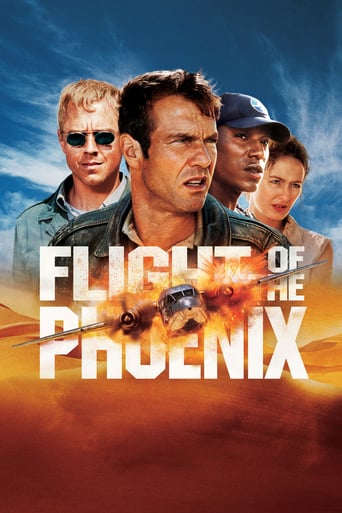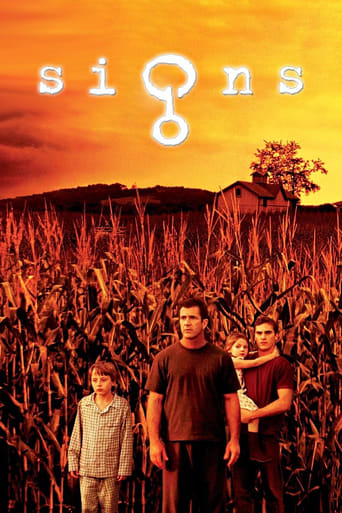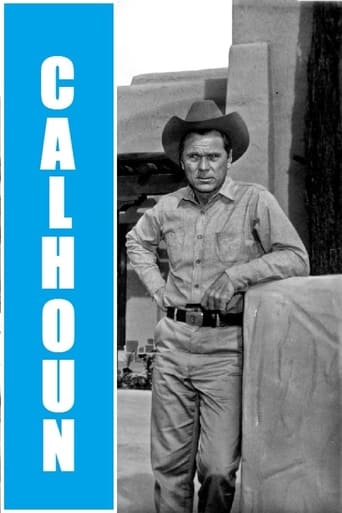Our Daily Bread (1934)
John and Mary Sims are city-dwellers hit hard by the financial fist of The Depression. Driven by bravery (and sheer desperation) they flee to the country and, with the help of other workers, set up a farming community - a socialist mini-society based upon the teachings of Edward Gallafent. The newborn community suffers many hardships - drought, vicious raccoons and the long arm of the law - but ultimately pull together to reach a bread-based Utopia.
Watch Trailer
Free Trial Channels
Cast


Similar titles
Reviews
Fantastic!
The biggest problem with this movie is it’s a little better than you think it might be, which somehow makes it worse. As in, it takes itself a bit too seriously, which makes most of the movie feel kind of dull.
Easily the biggest piece of Right wing non sense propaganda I ever saw.
This is one of the best movies I’ve seen in a very long time. You have to go and see this on the big screen.
John and Mary are a married couple struggling to make it in the city during the Great Depression, because John cannot find work. An uncle gives them an opportunity to work an abandoned farm, and they decide to take it. They know nothing about farming. A genuine farmer, who lost his own place, breaks down on the road, and John invites him and his family to join them. John then gets the idea of inviting other people to join the farm, using their diversity of skills to turn it into a cooperative commune.Naturally enough, there are scenes showing how well this works out, but there are also scenes of trouble. There is a discussion of the kind of government they will have for themselves, and we get just a taste of political discord. There is a scene involving a troublemaker, who is quickly forced to behave himself. John tells Mary about one of the members of the commune trying to steal some stuff and sell it for his own personal gain. We want to see more of this, because there are not many movies premised on the idea of desperate families forming such a commune, and we are curious as to whether these elements of discord could be overcome. Unfortunately, the movie diverges from these issues.First, it slides into a man-against-nature situation, in which drought threatens to ruin their crops. There are lots of movies about farmers struggling against the elements, and it seems a shame to waste time on that theme here. The only good thing that can be said in its favor is that they all pull together and build a path from the river to the crops for the purpose of irrigation, solving the problem through their own effort and ability. Another movie might have had someone pray for rain, followed by a downpour, so at least we were spared that deus ex machina.Second, there is a diversion with no redeeming features at all. It concerns the arrival of a blonde femme fatale, who almost succeeds in getting John to desert his wife and the farm by running off to the city with her. Movies about a wicked woman making a good man go wrong can be lots of fun, but that plot element does not belong here. Besides, it is a little irritating the way Mary blithely takes John back after abandoning her, even if only temporarily.The movie should have spent less time on the drought and none at all on the femme fatale, thereby leaving more time to dramatize all the difficulties in getting people to cooperate in such an enterprise, especially since many of us have doubts as to how well something like that would work out anyway.
"Our Daily Bread" is a depression era film about some who suffered but banded together to survive on a communal farm. The effort is led by John Sims who needs the exhortations of his wife, Mary, to keep his spirits up and his mind in the game.The group faces numerous setbacks and trials, but they always manage to persevere. It's a solid portrayal of a communal effort, where every man is his neighbor's brother and some "sacrifice" for the benefit of the many.In the midst of this community arrives Sally, a platinum blonde who fits in like chewing gum on the bottom of a shoe. She provides color, and agitation to the order of the farm. John seems to like her outlook on life.The acting is mostly good, and the plot is dramatic, if somewhat predictable. Other reviewers have cited the ending as the best part of the movie. I disagree, because the ending is so unrealistic (for many reasons) as to take the viewer out of the film. But I understand the intent. A reviewer commented that it reminded him of the "Hey, gang, let's put on a show" device and I was thinking the same thing. Unfortunately, this "show" is more fairy tale than drama.
An early classic by King Vidor, "Our Daily Bread" sees an unemployed couple defaulting on their rent and starting a co-operative out in the countryside. A reaction to the Great Depression, and the vast shanty towns which proliferated under President Herbert Hoover's administration, the film's a stark contrast to some of Vidor's latter works (he'd film Ayn Rand's "The Fountainhead" some years later).Much of the film watches as despondent men and women band together, form co-operatives and attempt to turn despair into hope. Revitalised by common purpose, our heroes start farming and housing projects, irrigation projects, and slowly create some semblance of order. Aesthetically the film is evocative of Soviet agitprop cinema, and perhaps Vidor's Kansas scenes in "The Wizard of Oz" (1939). It also contains a subplot about a seductive woman who infiltrates the cooperative and entices a community leader away from his wife and job; she's this Garden of Eden's own serpentine temptress. As the US government and CIA began a violent clampdown on all radically left-wing artists, movements and political bodies in America in the 1930s, and murderously did the same across most of the world over the next 90 years, films like "Our Daily Bread" became, not only rare, but a form of career suicide, especially in the wake of House Un-American Activities Committee. Vidor would film "The Fountainhead" some years later, its politics of extreme individualism reversing Vidor's themes in both "Bread" and his famous silent picture, "The Crowd". Indeed, many directors accused of left-wing sympathies, or who joined the American Communist party (Edward Dmytryk et al), would make proudly right-wing films after freeing themselves of the blacklist. Not wishing to be forced into either exile or bankruptcy, these were naked attempts by artists to ingratiate themselves with those in power. Vidor would himself join the anti-communist Motion Picture Alliance for the Preservation of American Ideals in 1944.7.9/10 – See "Salt of the Earth" (1954), "Grapes of Wrath" and Vidor's "The Big Parade".
"Our daily bread" is some kind of follow-up to "The Crowd" (1928).Not only there is not work in the city anymore on account of the economy,but city is evil ,as temptress Sally shows.I love the way King Vidor tackled the subject : the society's rejects's plight after the Depression.He never loses his sense of humour ,even in the most dramatic scenes: John Sims trades his small guitar for a scrawny chicken,the farm is sold for 1.85 dollars ,etc"Our daily bread" is the new society in miniature Jim built with a little help from his pals .Every human being counts,a violin player is as useful as a carpenter.Politic is not much talked about;the word "socialism" is uttered once or twice ,but the keyword is " cooperative" ."Let's stand together" is their motto.It culminates in the last sequence,one of the strongest of all time !Songs,prayers,a bit of utopia but a lot of human warmth and love!Like this ?Try these ..."le Belle Equipe" Julien Duvivier 1936"Grapes of Wrath" John Ford 1940

